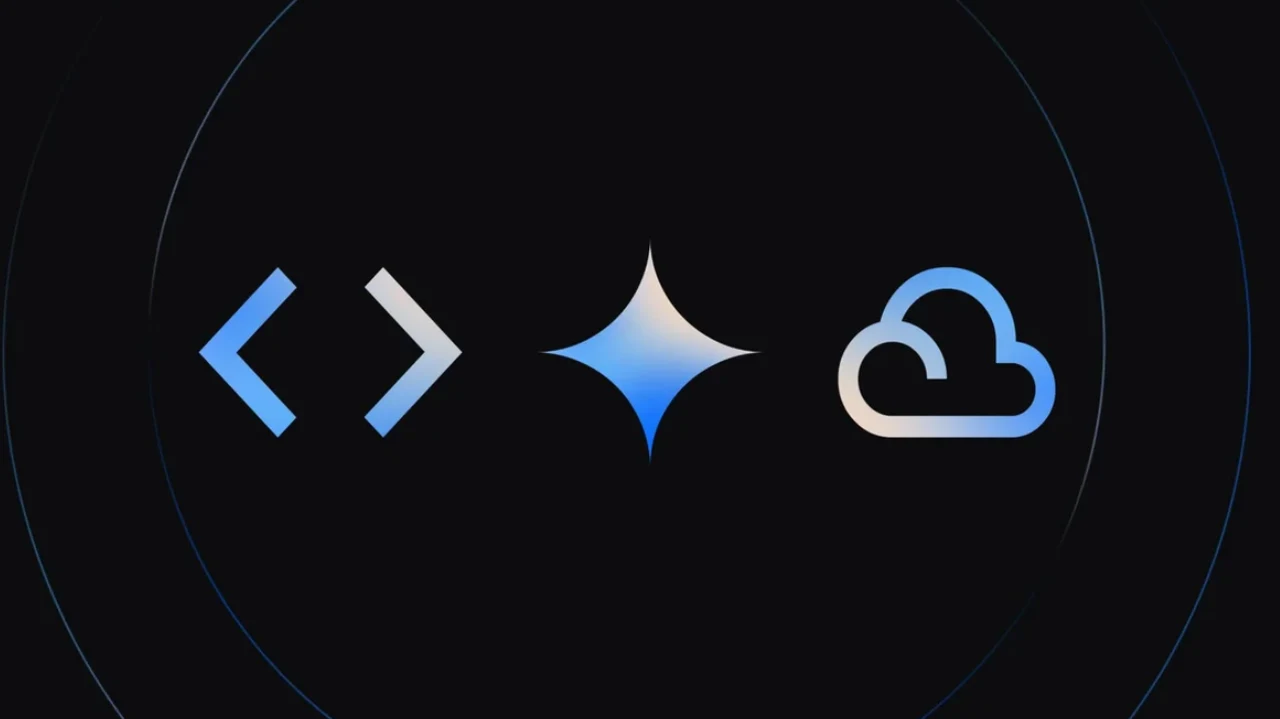
As well as making their new Gemini API available for developers and enterprise users to harness the power of artificial intelligence in custom AI models, tools and applications. Google has also made available a wealth of new AI tools as well as updating already existing platform such as Vertex AI .
Google Gemini API
The first version of of the highly anticipated Google Gemini Pro AI is now accessible via the Gemini API and features of the new development version of Gemini AI include :
– Gemini Pro outperforms other similarly-sized models on research benchmarks.
– Today’s version comes with a 32K context window for text, and future versions will have a larger context window.
– It’s free to use right now, within limits, and it will be competitively priced.
– It comes with a range of features: function calling, embeddings, semantic retrieval and custom knowledge grounding, and chat functionality.
– It supports 38 languages across 180+ countries and territories worldwide.
– In today’s release, Gemini Pro accepts text as input and generates text as output. We’ve also made a dedicated Gemini Pro Vision multimodal endpoint available today that accepts text and imagery as input, with text output.
– SDKs are available for Gemini Pro to help you build apps that run anywhere. Python, Android (Kotlin), Node.js, Swift and JavaScript are all supported.
A key component of this new suite of tools is Gemini Pro which can be accessed via the Gemini API in Google AI Studio, a platform designed to support the development and deployment of AI models. For enterprises, Gemini Pro is also available through Google Cloud’s Vertex AI platform, a unified suite of AI and machine learning services that allows developers to build, deploy, and scale AI models with ease.
Google Gemini AI tools
In addition to Gemini Pro, Google has introduced other models in Vertex AI. These include an upgraded version of the Imagen 2 text-to-image diffusion tool, which uses AI to generate images from text descriptions. This tool can be particularly useful in a variety of applications, from creating custom artwork to supporting data visualization efforts.
Google has also introduced MedLM, a family of foundation models fine-tuned for the healthcare industry. MedLM is designed to leverage the power of AI to help healthcare professionals make more accurate diagnoses, develop more effective treatment plans, and improve patient outcomes. Currently, MedLM is available to Google Cloud customers in the U.S. via an allowlist and is set to be added to Google’s open Model Garden soon, further expanding its accessibility.
In addition to these tools, Google has announced the general availability of Duet AI for Developers and Duet AI in Security Operations. Duet AI for Developers offers AI-powered code and chat assistance, helping users to build applications and run them on Google Cloud. This tool comes with built-in support for privacy, security, and compliance requirements, making it a valuable resource for developers navigating the complex landscape of modern software development.
Duet AI in Security Operations, on the other hand, positions Google Cloud as the first major cloud provider to make generative AI generally available to defenders in a unified SecOps platform. This tool leverages the power of AI to help security teams detect and respond to threats more quickly and effectively, thereby enhancing the overall security of the cloud environment.
The introduction of these new AI tools and platforms by Google represents a significant step forward in the democratization of AI technology. By making these powerful tools accessible to developers and enterprises, Google is empowering them to harness the power of AI and apply it in innovative and impactful ways. Whether it’s generating images from text with Imagen 2, improving healthcare outcomes with MedLM, or enhancing cloud security with Duet AI, these tools offer a glimpse into the future of AI and its potential to transform various industries.
Filed Under: Technology News, Top News
Latest timeswonderful Deals
Disclosure: Some of our articles include affiliate links. If you buy something through one of these links, timeswonderful may earn an affiliate commission. Learn about our Disclosure Policy.

